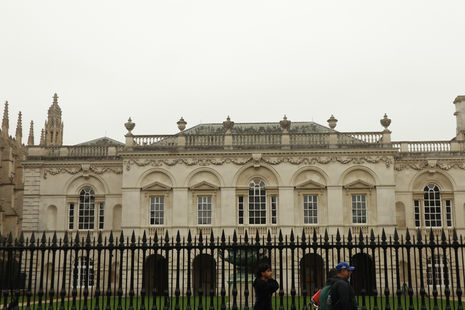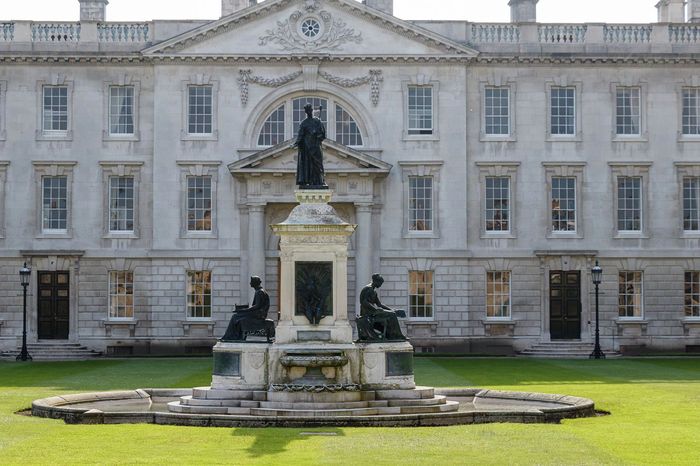Cambridge University celebrates its 165th Nobel Prize winner
Cambridge Alumni John Clarke jointly awarded Nobel Prize in physics for discovery in macroscopic quantum mechanical tunelling

Cambridge Alumni, John Clarke, has been jointly awarded the Nobel Prize in Physics alongside Michel H. Devoret and John M. Martinis for their discovery of macroscopic quantum mechanical tunneling and energy quantisation in an electric circuit.
Clarke, who attended Christ College, read Natural Sciences and later moved to Darwin College for his PhD which he completed in 1968 at the Cavendish laboratory. His research is based on the theory, design and applications of superconducting quantum inference devices (SQUIDs), which are ultrasensitive detectors of magnetic flux.
The Master of Christ College, Simon Mcdonald, commented “John Clarke was born in Cambridge and did not stray far when choosing his university. We are immensely proud of his achievements; the Nobel Prize for Physics crowns his illustrious career.”
In 1984 and 1985, Clarke, along with Devoret and Martinis, conducted experiments using a superconducting electronic circuit. The circuit featured Josephson junctions—superconductors separated by a thin layer of non-conductive material. When current flowed through the circuit, the charged particles behaved as a single, unified particle spread across the entire system.
This macroscopic particle-like system starts in a zero-voltage state where current flows without resistance, trapped as if behind a barrier. The system escapes this zero-voltage state through quantum tunnelling, revealing its quantum nature. The transition is detected by the emergence of a voltage, confirming behavior predicted by quantum mechanics.
Professor Deborah Prentice, Vice-Chancellor of the University of Cambridge, said: “Congratulations to Cambridge alumnus Professor Clarke on being jointly awarded this year’s Nobel Prize in Physics for his research into quantum mechanical tunnelling. Not only did he grow up in this incredible city, but he studied from his undergraduate degree through to his PhD here.
Other Science Nobel Prize winners in science include Susumu Kitagawa, Richard Robson, and Omar Yaghi, who jointly won the Chemistry Nobel Prize for developing metal–organic frameworks (MOFs). These are a new form of molecular architecture with highly porous structures. Since their discovery, MOFs have been used in applications like carbon capture, water harvesting, and environmental cleanup.
The Nobel Prize for Economics was awarded to Joel Mokyr, Philippe Aghion, and Peter Howitt for their work on creative destruction. They showed how creative destruction creates conflicts, as old companies risk losing out, that must be managed in a constructive manner. In a 1992 article, Aghion and Howitt modeled for their “creative destruction” showing how new technologies outcompete outdated ones. Their research highlights the need to manage these disruptions to avoid innovation being blocked.
 News / Eight Cambridge researchers awarded €17m in ERC research grants27 December 2025
News / Eight Cambridge researchers awarded €17m in ERC research grants27 December 2025 News / Clare Hall spent over £500k opposing busway 24 December 2025
News / Clare Hall spent over £500k opposing busway 24 December 2025 Comment / League tables do more harm than good26 December 2025
Comment / League tables do more harm than good26 December 2025 Comment / The ‘class’ of Cambridge24 December 2025
Comment / The ‘class’ of Cambridge24 December 2025 News / Caius mourns its tree-mendous loss23 December 2025
News / Caius mourns its tree-mendous loss23 December 2025









